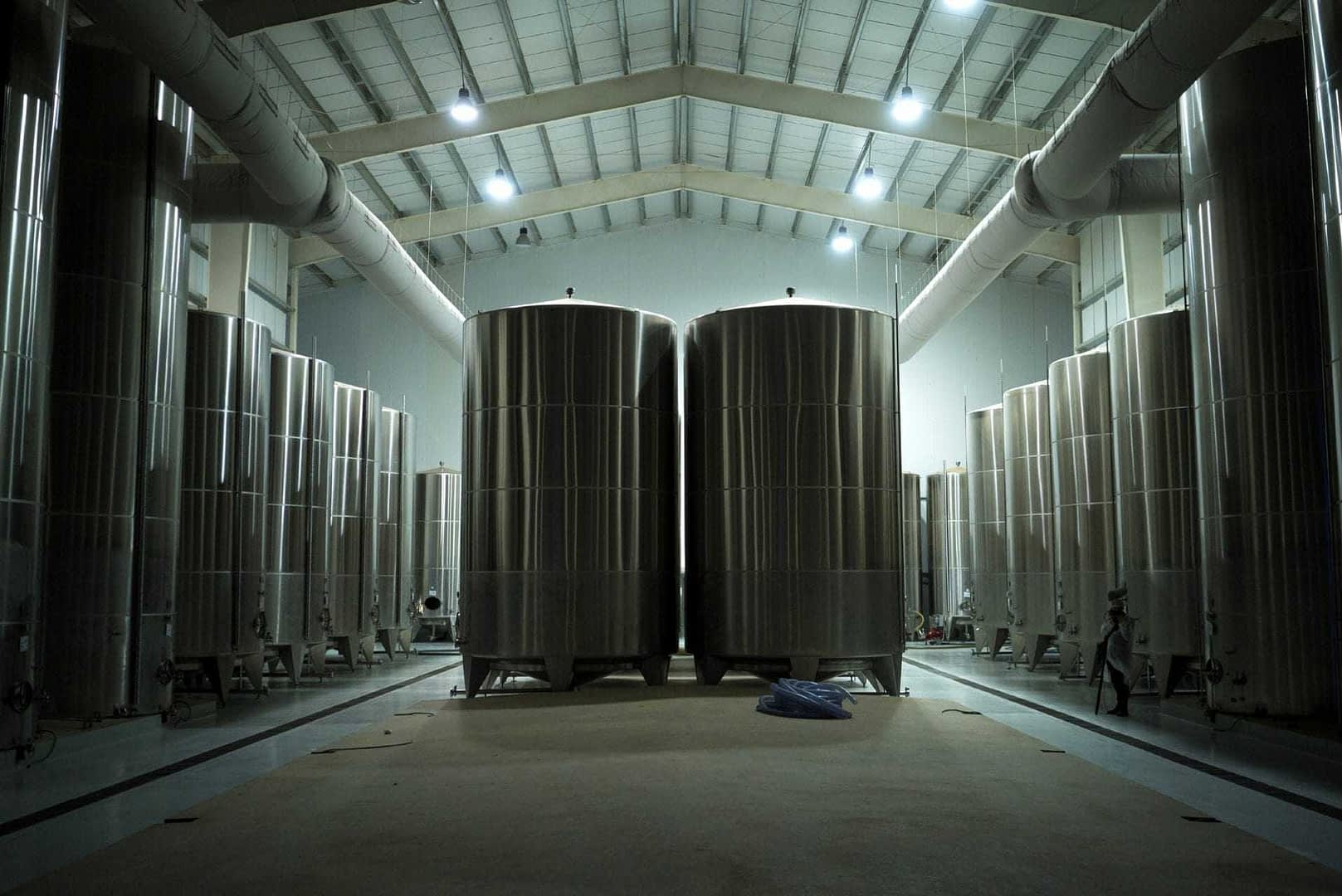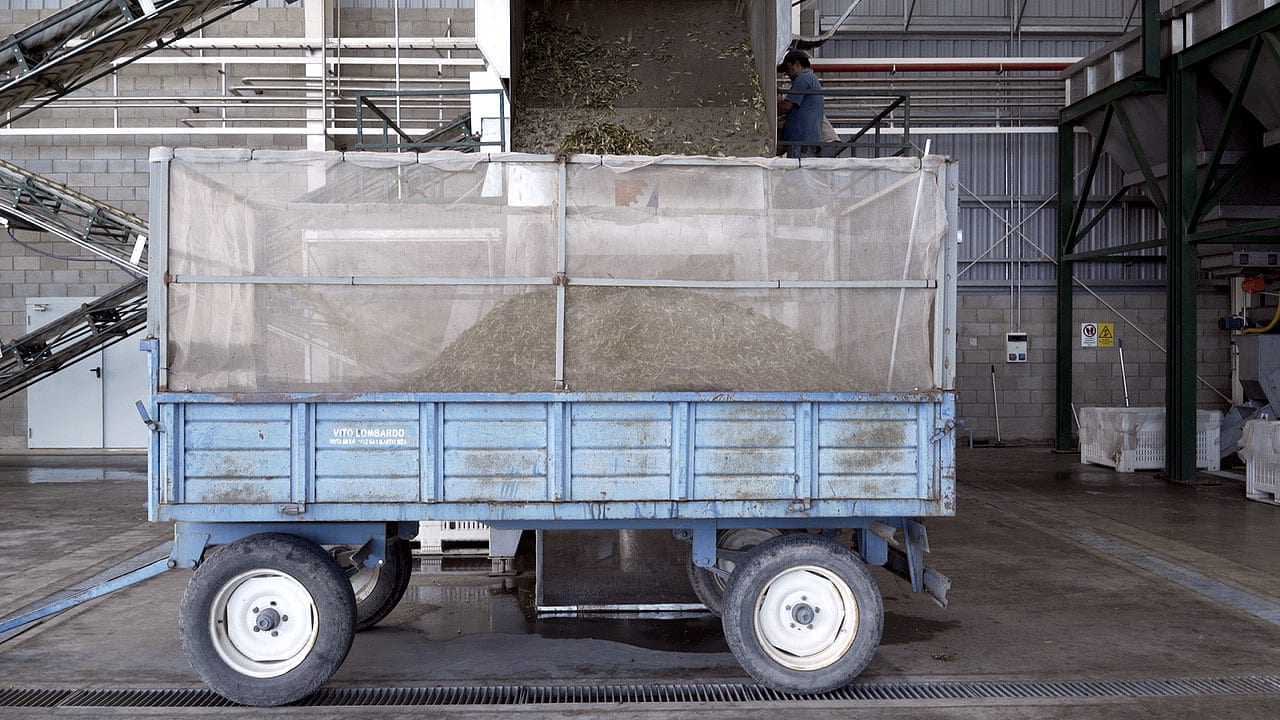Argentina Olive Harvest Begins Amid Covid-19 Lockdown
As the coronavirus spreads through Argentina, olive growers and oil producers are facing complications both during and after the harvest. Small producers are likely to be impacted the most.
The 2020 olive harvesting season has gotten underway in Argentina, in spite of Latin America’s largest olive oil producer entering the third week of a nation-wide lockdown due to the coronavirus.
While all non-essential workers have been ordered to stay in their homes, olive growers have been preparing to head out into the groves to pick the first fruits of the year.
Small producers will have a hard time getting harvesters.
Due to the decentralized nature of Argentina’s olive groves and the sheer size of the country, the harvest season always comes with logistical challenges. However, these have been compounded by the Covid-19 pandemic this year.
“Before the quarantine, producers already had difficulty finding workers to harvest olives that would later be transformed into oil,” Alejandro Ovando, the director of IES Consultores, an agribusiness consultancy, told Olive Oil Times. “Now added to this is the decreed period of quarantine that will make the process even more difficult, although producers should manage to overcome the low production level registered in 2019.”
According to the International Olive Council (IOC), Argentina produced 20,000 tons of olive oil in 2019. Ovando estimates that production in 2020 will be around 35,000 tons, but warned that this figure is likely to change as the harvest progresses.
See Also:Covid-19 Coverage“The process will not be without difficulties for producers,” he said.
However, not all producers will be impacted equally by the coronavirus. Situated in the mountainous northwestern province of La Rioja, which has had four coronavirus cases to date, South America’s largest olive oil production company has already begun to harvest its high-density olive groves.
“We are already harvesting at full capacity,” Frankie Gobbee, the co-founder and director of the Argentina Olive Group (AOG), told Olive Oil Times. “With mechanical harvesting, it is simpler [to follow government social distancing and sanitary recommendations] than with manual harvesting. Luckily, we do a lot of mechanical harvesting.”

Pablo Radice for Olive Oil Times
Many small and traditional producers, on the other hand, are either unwilling or unable to use mechanical harvesters. Instead, they will still need to contract and organize laborers to head into the groves and harvest their olives.
Some producers located in provinces more affected by the coronavirus, such as Mendoza which has had 113 cases and seven deaths to date, are even more likely to face labor shortages.
“Small producers will have a hard time getting harvesters,” Gobbee said.
In spite of these challenges, he still expects Argentina will have a more productive year in 2020 than it did in 2019, though he is not as optimistic as Ovando.
“I think the harvest will be more in the order of 30,000 tons,” he said. “Although the FOA (Argentine Olive Federation) estimates 20,000 to 25,000 tons.”

Pablo Radice for Olive Oil Times
Along with creating new challenges for producers, Covid-19 is also likely to impact olive oil sales in Argentina and abroad.
“Producers could see a decline in domestic sales and an increase in sales abroad as a consequence of the change in consumption trends toward essential and lower-value goods,” Ovando said.
Olive oil consumption has always been quite low in Argentina. According to the IOC, Argentines consumed 7,500 tons of olive oil in the 2018/19 crop year. The vast majority of the country’s production is destined for export.
However, a global economic slowdown has led to significantly decreased consumer spending in Europe and North America, two of the largest markets for Argentine olive oil exports.
This means that producers may have to wait until massive stimulus packages orchestrated by governments across the Northern Hemisphere kick in and infection rates decrease, before exports return to normal.
“Regarding exports, we believe that there will be a slower rate of shipment of samples and merchandise,” Gobbee said. “But they will develop normally if things are maintained as they are today.”








